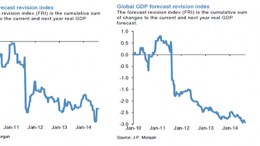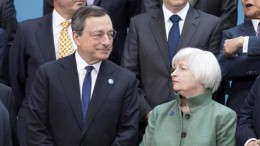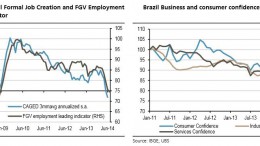The ECB failing to convince needs to act
MADRID | By JP Marin Arrese | Ever since Alan Greenspan moved at will financial markets behaviour, simply by talking up or down either expectations or exchange rates, central bankers have tried to follow suit. For all his merits, Mario Draghi lacks Greenspan’s skills. Even if he commands enough fluency in English, his messages sometimes are utterly ill placed. Yesterday’s underperformance in his press conference showed it vividly.






